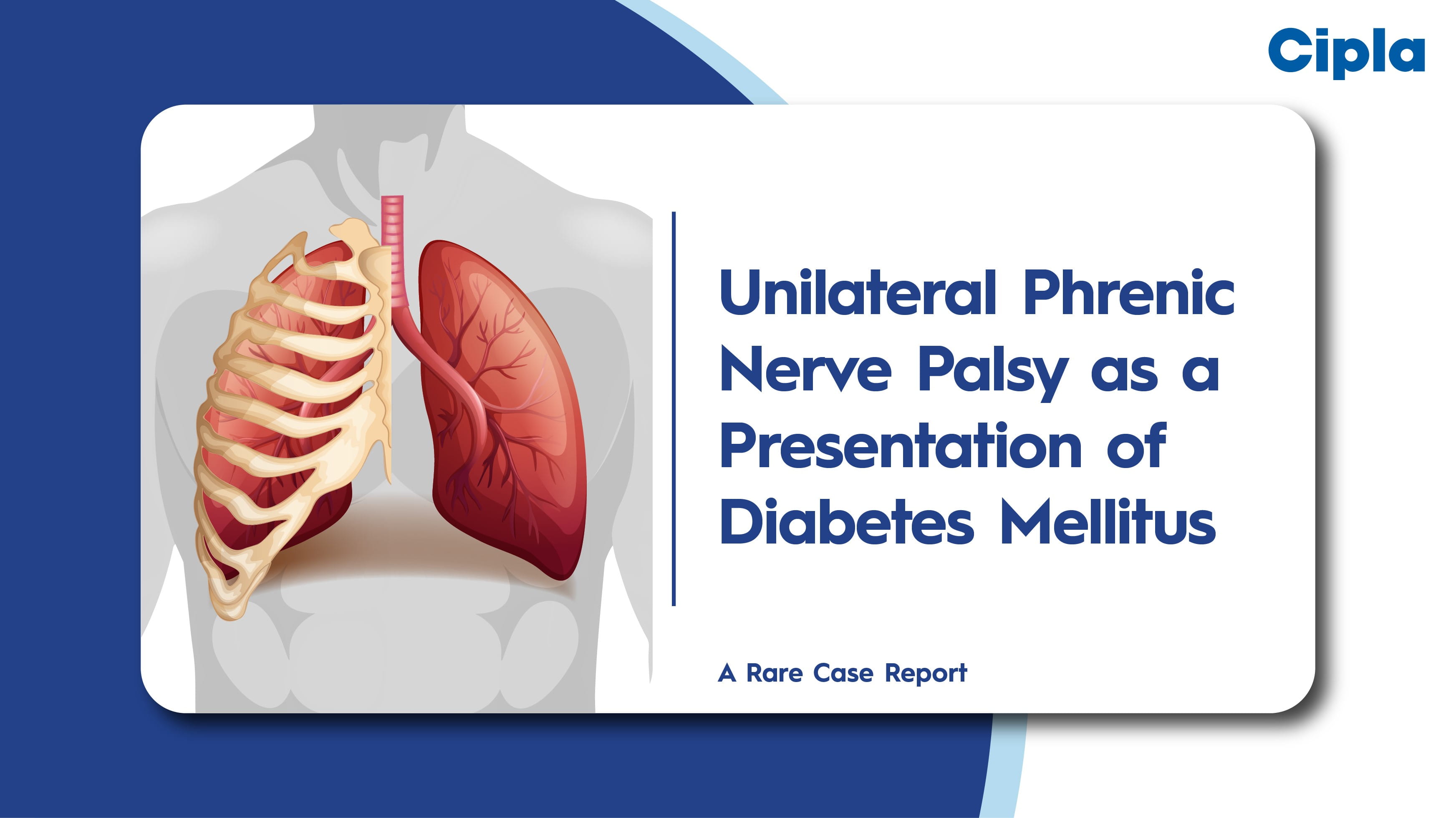Conference Highlights
ADA 2025: 949-P: Meal Composition and Postprandial Glucose (PPG) Excursions in a Fully Closed-Loop (FCL) Study
Introduction:
Fat and protein content affect postprandial glucose (PPG) excursions in type 1 diabetes (T1D). Managing PPG becomes more complex in fully closed-loop (FCL) systems that lack premeal boluses. This study evaluated how meal composition influences glycemic outcomes in an FCL system.
Methods:
- Participants: 34 individuals with T1D
- Age: 14–53 years
- 62% female
- Mean HbA1c: 8.0 ± 1.1%
- Study Design: Five-day FCL study using the neural network-based AIDANET system in supervised settings
- Meal Data: Carbohydrate, fat, and protein content recorded for each meal (using food labels)
- Analysis: Linear regression assessing associations between meal composition and PPG continuous glucose monitoring (CGM) metrics (4 hours post-meal), adjusting for age and gender
Results:
- Sample: 301 meals analyzed
- Average meal composition:
- Carbohydrate: 63.9 ± 34.8 g
- Fat: 32.4 ± 23.3 g
- Protein: 32.6 ± 17.5 g
Key Findings:
- Carbohydrates: Larger amounts associated with greater PPG excursions
- Protein:
- Reduced AUC during second post-meal hour (Coeff −45.53 mg/dL*min, p<0.002)
- Decreased peak PPG (Coeff −0.66, p<0.008)
- Improved time in range (Coeff 0.003, p<0.025)
- Fat:
- Increased AUC during third (Coeff 32.57, p<0.018) and fourth (Coeff 44.21, p<0.002) hours
- Increased time to peak PPG (Coeff 0.57, p<0.003)
- Time in tight range was unaffected by fat or protein
Conclusion:
Meal composition significantly alters PPG profiles in FCL systems. Integrating automatic adjustments for fat and protein effects in algorithm design could enhance glycemic outcomes for people with T1D using FCL therapy.
ADA 2025, 20-23 June, Chicago
Latest News
1 Jul, 25
Other Conference Highlights
20 Jul - 23 Jul, 25
ADA 2025
Chicago
20 Jul - 23 Jul, 25
ADA 2025
Chicago
20 Jul - 23 Jul, 25
ADA 2025
Chicago
20 Jul - 23 Jul, 25
ADA 2025
Chicago




